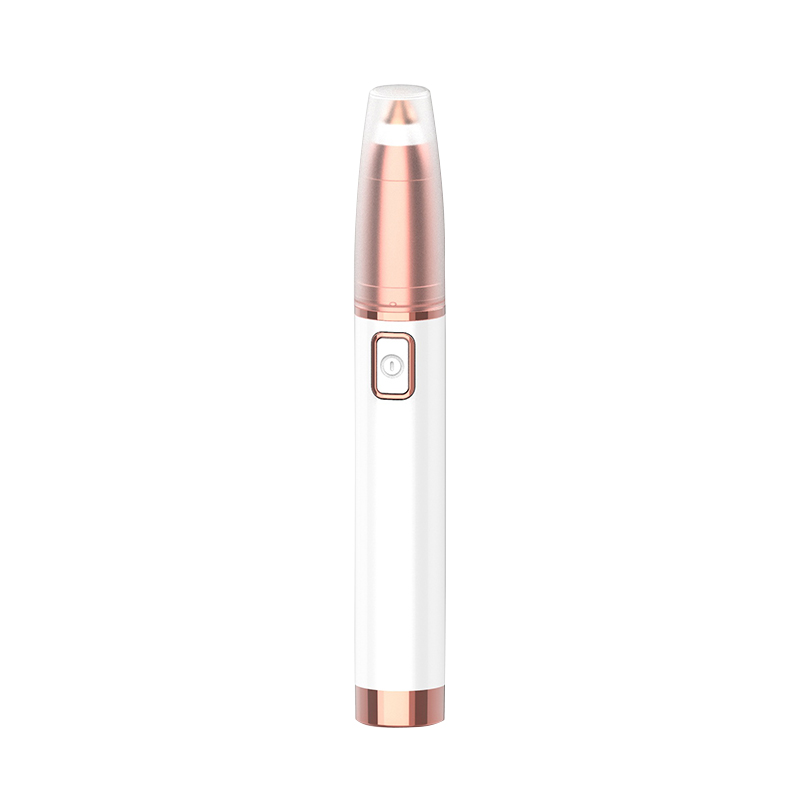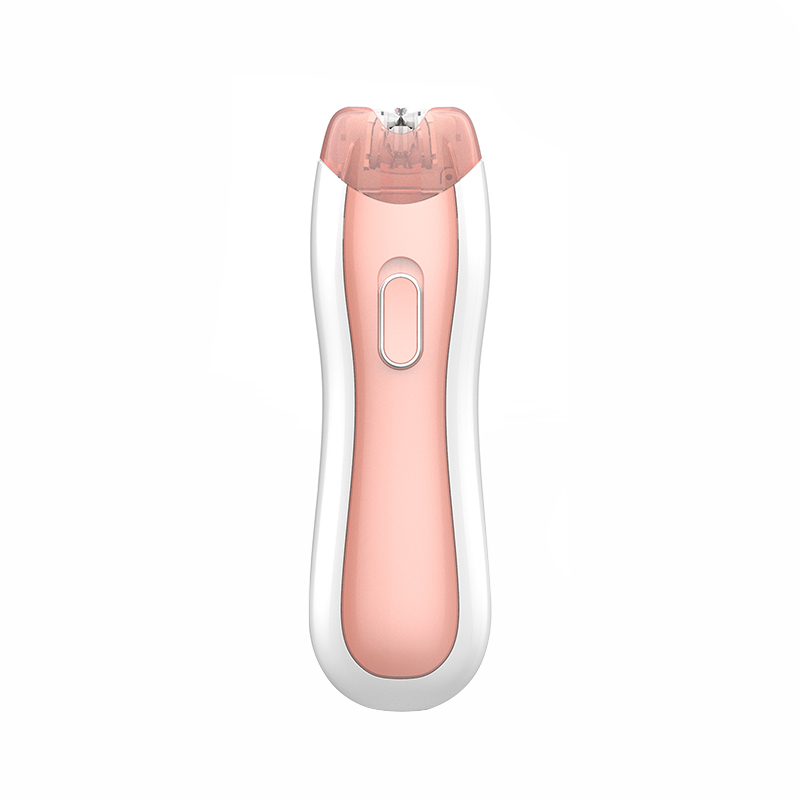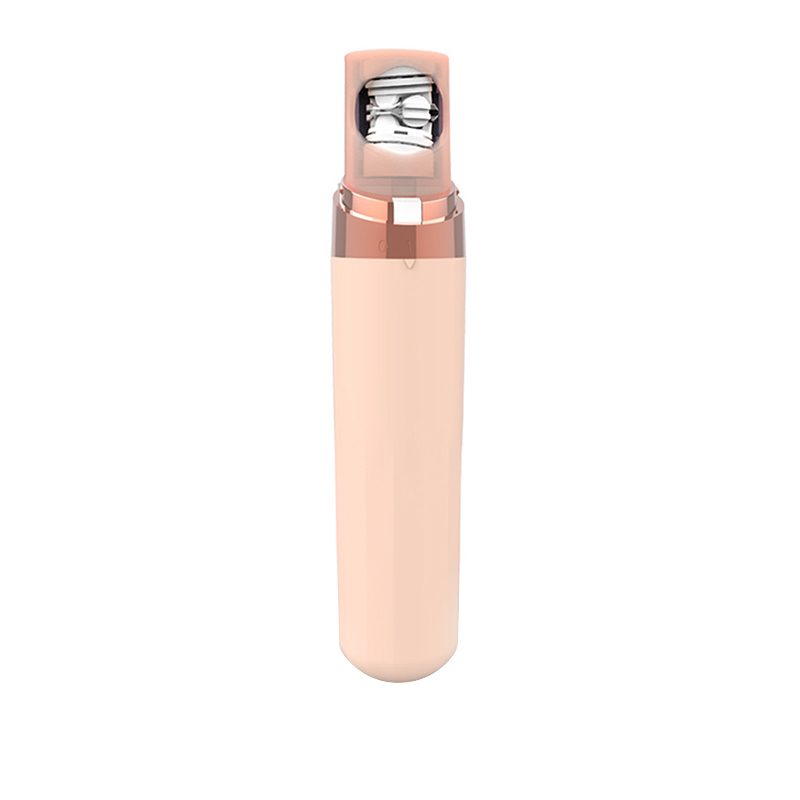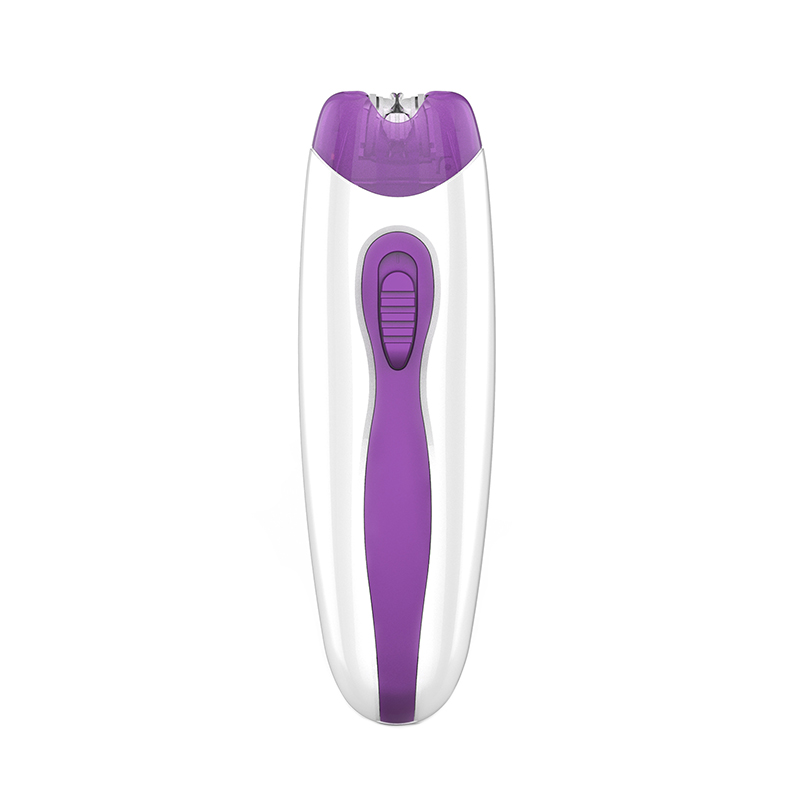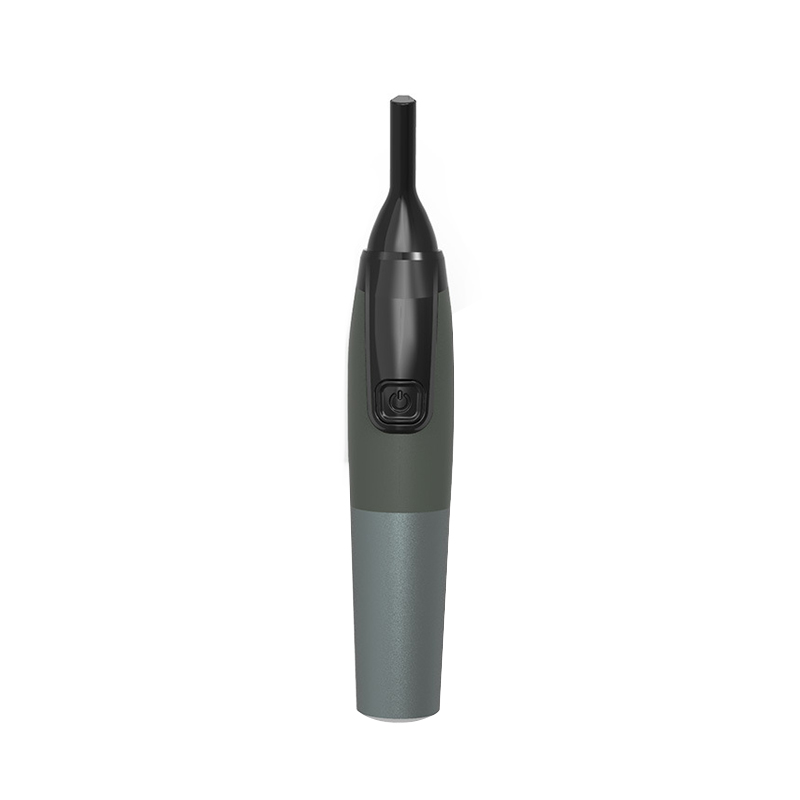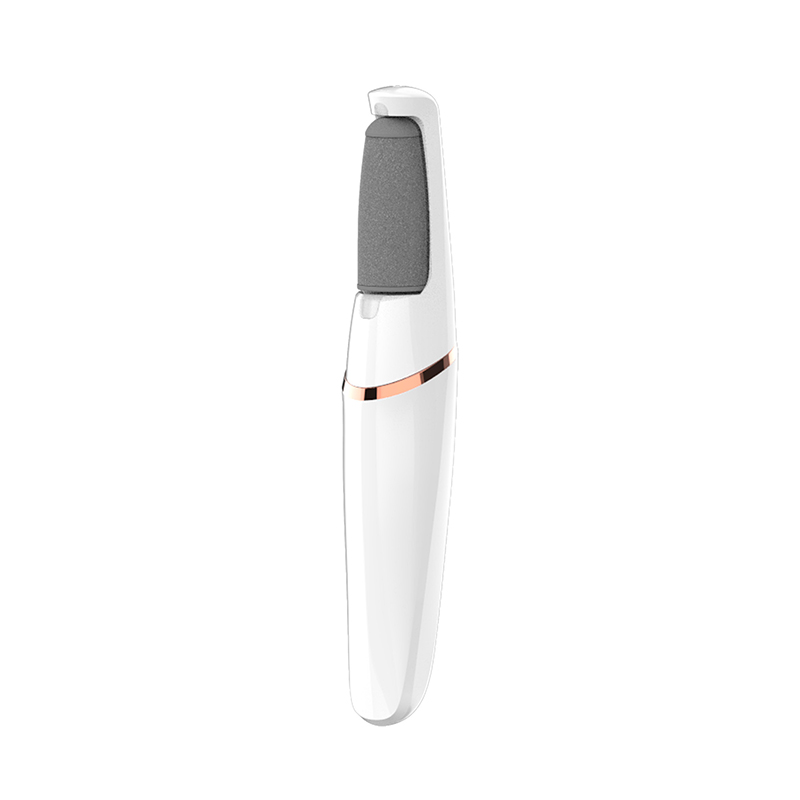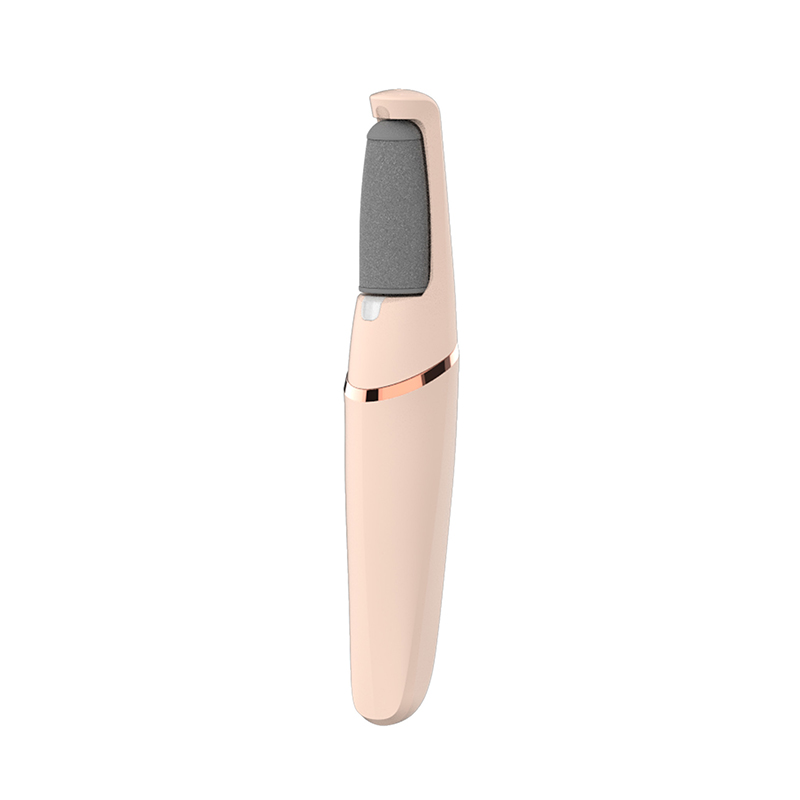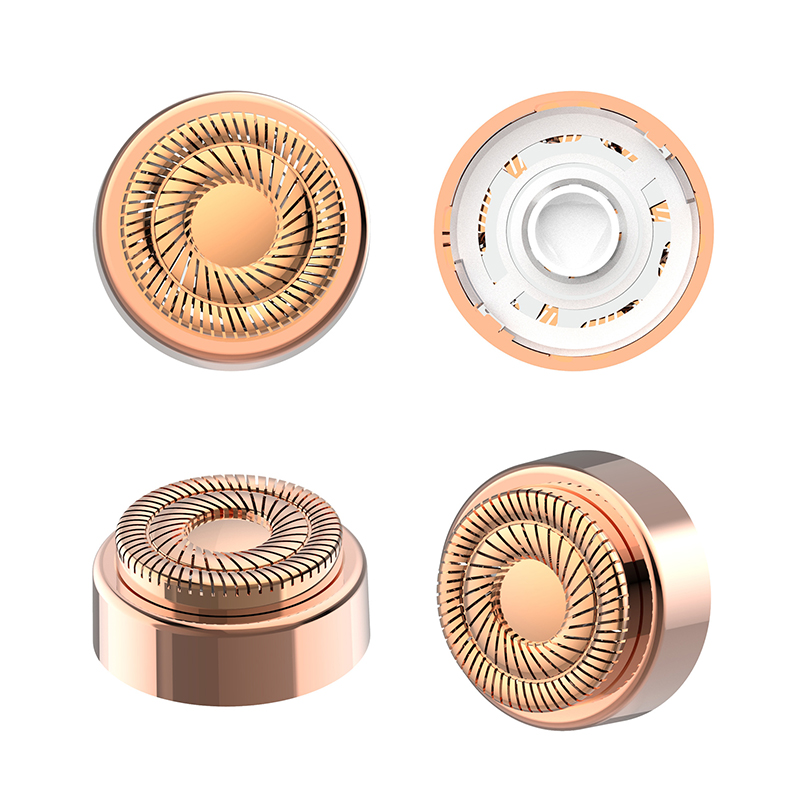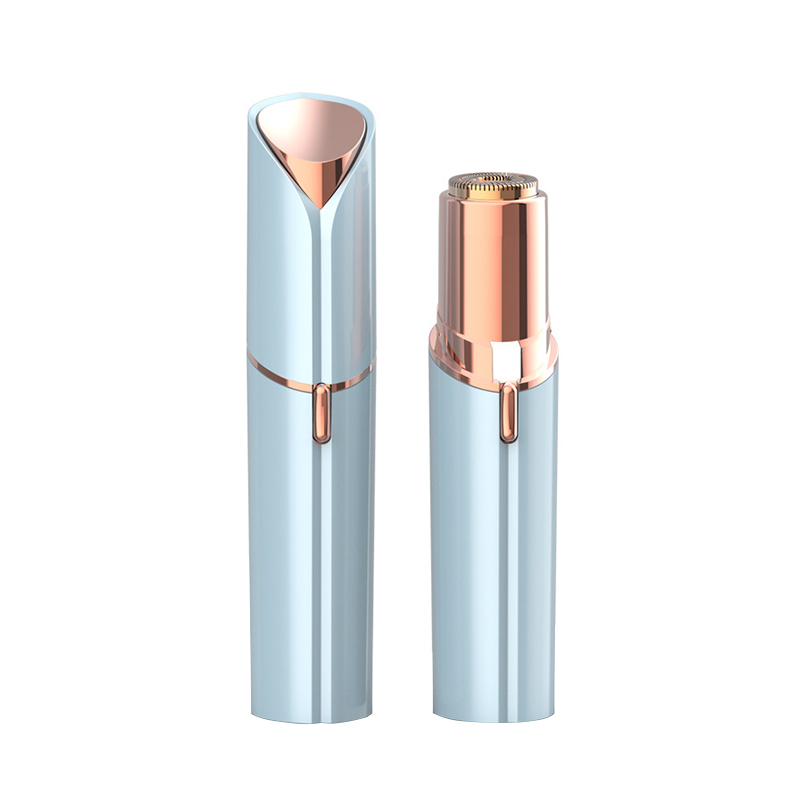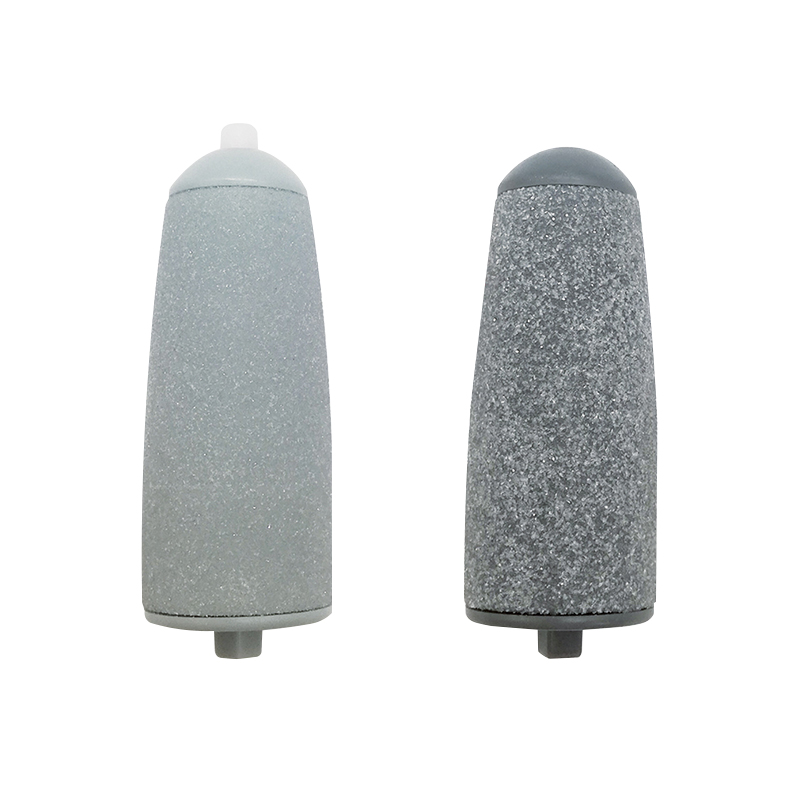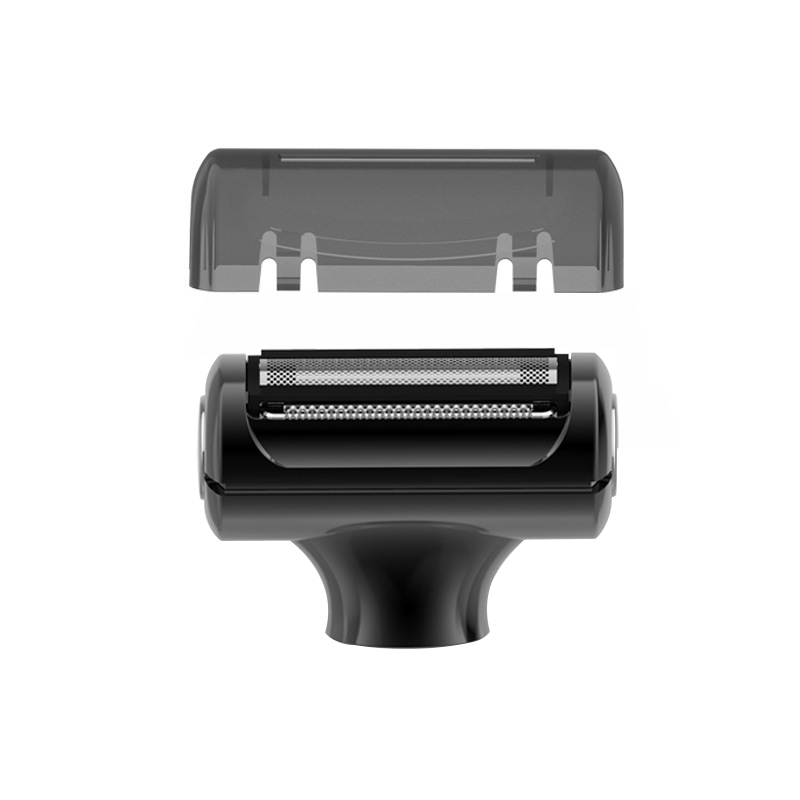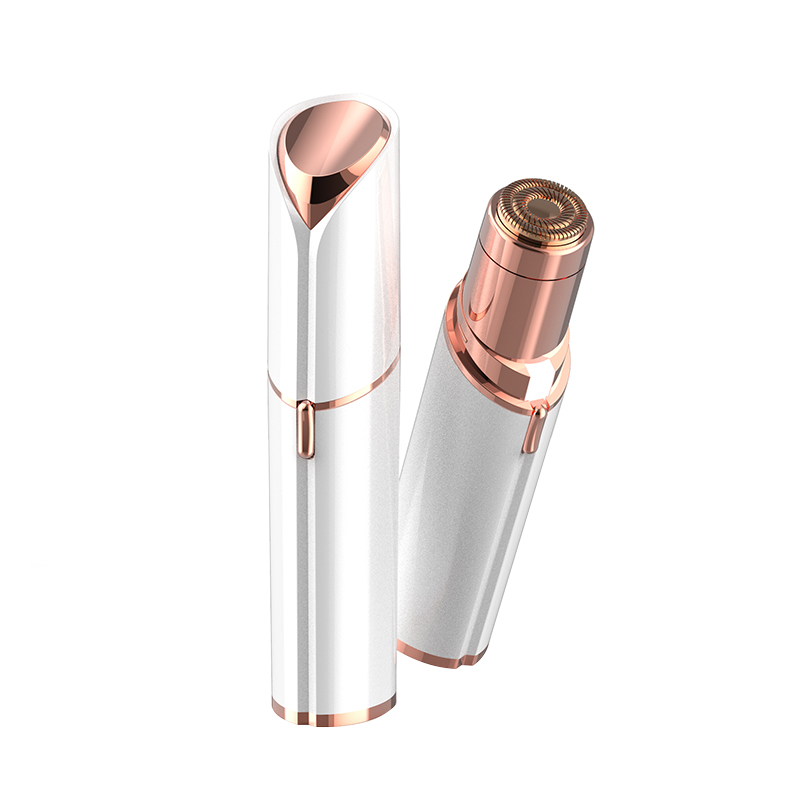In today's market, personal care appliances have become essential tools for daily grooming and hygiene routines. These devices, which include items like electric toothbrushes, hair dryers, and shavers, are designed to enhance efficiency and effectiveness in personal care. However, with a wide variety of options available, selecting the right personal care appliances can be challenging.
Types of Personal Care Appliances
Personal care appliances encompass a range of devices categorized by their primary functions. Common types include:
-
Oral Care Appliances: Electric toothbrushes and water flossers are used for cleaning teeth and gums. They often feature modes like sensitivity or whitening.
-
Hair Care Appliances: Hair dryers, straighteners, and curling irons are designed for styling and drying hair. Some models include temperature controls and ionic technology.
-
Shaving and Grooming Appliances: Electric shavers and trimmers are utilized for facial and body hair removal. Options include rotary and foil shavers.
-
Skin Care Appliances: Devices such as facial cleansing brushes and LED therapy tools aim to cleanse or treat skin conditions.
-
Other Appliances: This category includes massagers, epilators, and nail care devices for broader personal maintenance.
Understanding these types is the first step in narrowing down choices based on intended use.
Applications and Use Cases
Each type of personal care appliance serves distinct applications. For instance:
-
Oral care appliances are typically used in daily dental hygiene routines to remove plaque and improve gum health.
-
Hair care appliances apply to styling, drying, or smoothing hair, with variations suited for different hair textures.
-
Shaving appliances are employed for precise hair removal, often offering wet or dry usage options.
-
Skin care appliances focus on cleansing or rejuvenating the skin, commonly integrated into skincare regimens.
Consider your daily routines and specific goals, such as time efficiency or addressing particular concerns like sensitive skin, when evaluating applications.
Comparative Analysis
When comparing personal care appliances, several factors can guide your selection:
-
Functionality: Assess features like multiple speed settings, battery life, or cordless operation. For example, electric toothbrushes may offer oscillating versus sonic motions, which can affect cleaning efficacy.
-
Performance: Look at metrics such as power output for hair dryers (measured in watts) or blade systems for shavers. Independent studies, such as those on plaque reduction, can provide objective data.
-
Ease of Use: Evaluate ergonomics, weight, and maintenance requirements. Devices with intuitive controls and easy cleaning mechanisms often enhance user experience.
-
Cost and Durability: Compare initial prices against long-term value, including warranty periods and replacement part availability. Higher-cost models may offer advanced features but not necessarily superior performance for all users.
This comparison should be based on general industry standards rather than brand-specific claims.
Key Considerations for Selection
To choose the right personal care appliances, focus on these objective criteria:
-
Identify Your Needs: Determine primary uses, such as portability for travel or specific health requirements like arthritis-friendly designs.
-
Research Specifications: Review technical details like voltage compatibility, noise levels, and safety certifications (e.g., UL or CE marks).
-
Read User Reviews and Expert Analyses: Consult multiple sources for consistent feedback on reliability and performance, avoiding anecdotal opinions.
-
Test When Possible: If accessible, try devices in-store to assess comfort and operation.
By prioritizing evidence-based factors, you can minimize bias in your decision-making.
Frequently Asked Questions (FAQ)
Q: How do I maintain personal care appliances?
A: Regular cleaning and following manufacturer instructions for storage can prolong lifespan. For example, descaling water flossers or replacing brush heads as recommended.
Q: Are personal care appliances safe for all users?
A: Most devices include safety features, but check for precautions like avoiding use on broken skin or consulting healthcare providers for medical conditions.
Q: What is the average lifespan of these appliances?
A: Lifespan varies by type; electric toothbrushes may last 2-5 years with proper care, while hair dryers can endure longer with periodic filter checks.
Q: Can personal care appliances be used in different regions?
A: Verify voltage requirements, as some models may need adapters for international use.
Selecting the right personal care appliances involves a methodical approach that considers types, applications, and comparative features. By focusing on factual information and individual requirements, you can optimize your choices for improved daily routines. Remember, personal care appliances are tools to support hygiene and grooming, and a well-informed selection can contribute to long-term satisfaction and effectiveness. For further guidance, refer to reliable sources such as consumer reports or professional reviews.




